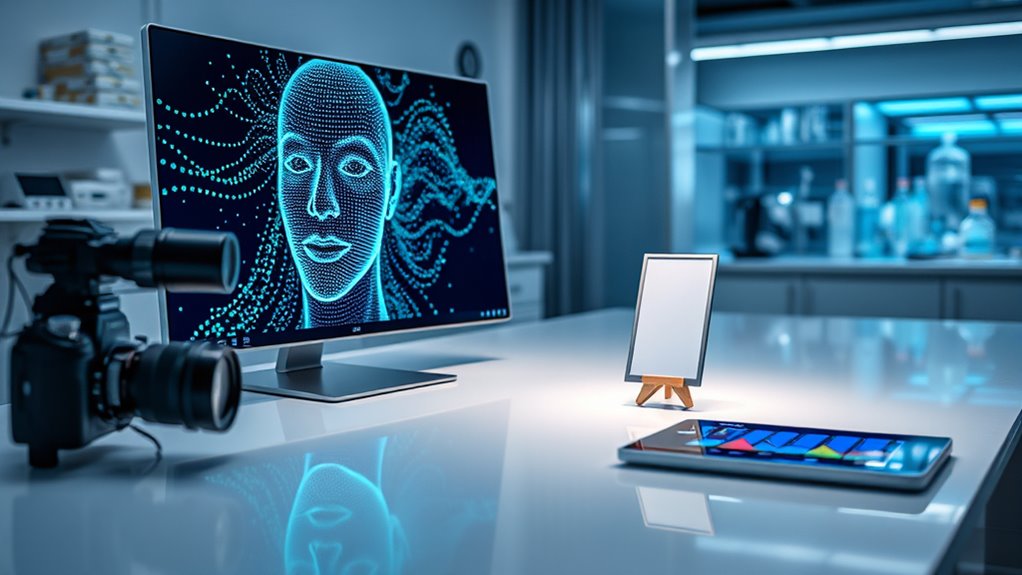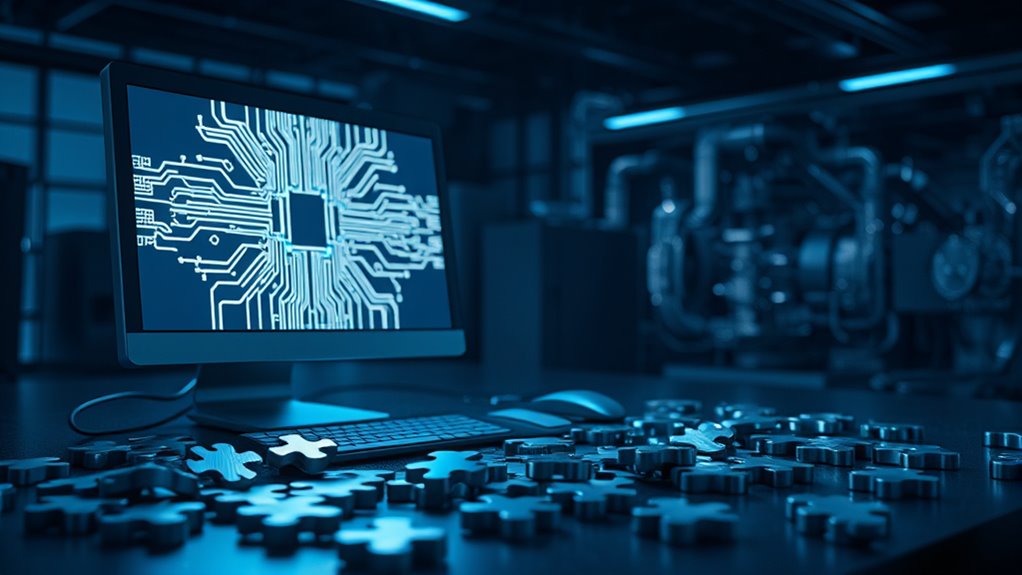Although aging is a natural part of life, scientists are now using advanced technology to figure out a person’s biological age with the help of Artificial Intelligence, or AI. They’ve come up with a cool new way to estimate how old someone’s body really is, not just by their birthday. One exciting tool is called FaceAge, a deep learning algorithm that can guess biological age just from a facial photo. It’s pretty simple. You snap a headshot, and the system turns it into a number that shows your biological age. Studies in top health journals say it’s accurate and reliable.
Aging meets AI! FaceAge, a cutting-edge tool, estimates your biological age from a simple facial photo with impressive accuracy, per top health studies.
This photo-based AI is a big deal because it’s non-invasive. That means no needles or complicated tests. It’s quick and easy to use, whether at a doctor’s office or even at home. Scientists say it can be set up almost anywhere since it doesn’t need much to work. They’ve tested it a lot, and it’s showing promise as a way to check aging signs without much hassle. The method looks at tiny details in a person’s face that hint at how their body is aging. FaceAge has been trained on tens of thousands of photographs to ensure its accuracy in predictions.
Beyond photos, AI is also beating older methods in figuring out biological age. Deep learning models, like DNN, are way better than traditional stats tools. They’re about 1.6 times stronger at making accurate predictions. These AI systems can handle tons of complex data, mixing different health clues to get a clear picture. They’ve been trained on huge datasets, sometimes with info from over 111,000 people, to make sure they’re spot-on. Moreover, research shows that DNN models achieve the highest accuracy with an R² value of 0.99804, demonstrating their superior predictive power.
What’s more, these tools don’t just guess age. They help scientists understand aging better. Other AI tests look at things like hormones in blood samples, needing just a few drops to work. These methods are also super precise. They focus on key health markers, like steroid hormones, to give a personal snapshot of aging. Additionally, AI’s ability to process large datasets quickly allows for rapid health insights that can transform personalized medicine.
With AI’s knack for adapting, it keeps getting smarter as new info comes in. This tech is changing how we see aging, making it easier to track health in a whole new way.





